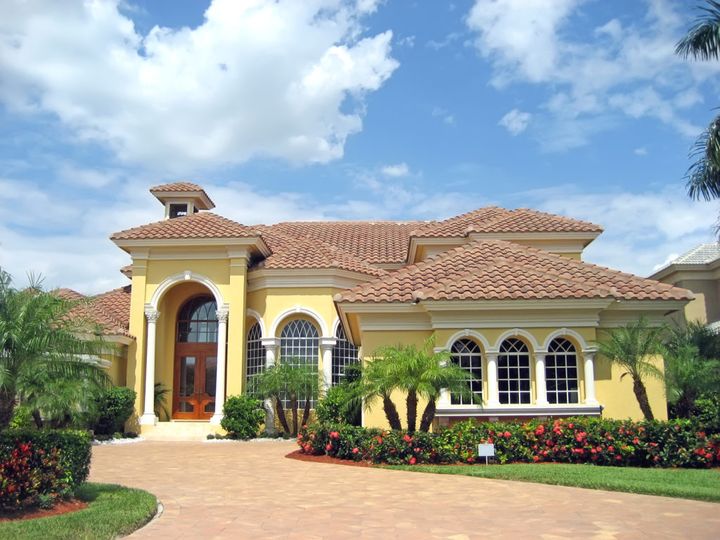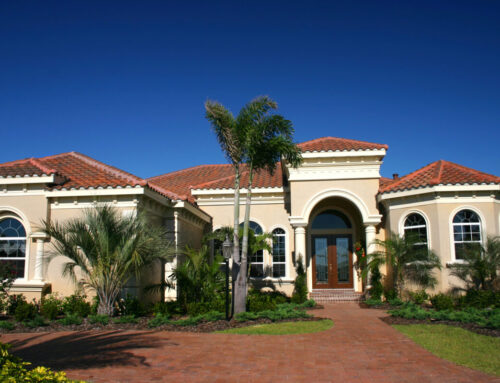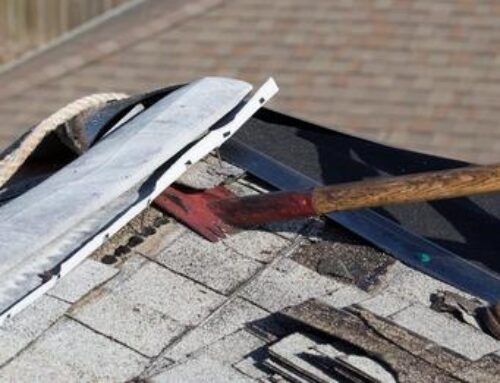When it comes to buying a new home, homebuyers often focus on the property itself. They consider the square footage, the size of the yard, the overall layout, and the price, among other key factors. However, buyers should also remember that the neighborhood the home is in is just as important as the property’s features.
Why? Because the neighborhood you buy into plays an important role in shaping your overall living experience.
For example, let’s say you’re thinking about buying a second-floor condo and the alley behind the condo faces a church parking lot. Let’s also imagine that you work nights, and that the church runs a daycare that starts at 7am on the weekdays. It doesn’t matter how amazing the condo is- if the noise from the daycare is going to disrupt your sleep, this may not be the best neighborhood for you to buy into.
Other factors, such as the neighborhood’s proximity to freeways, pending community planning projects (i.e., is the town or city planning to install bike lanes on the street, which would involve removing street parking spots), safety, and community amenities are all things that can impact both the property’s value and your quality of life. Below are just a few of the reasons why researching the neighborhood you’d like to buy in is a key part of the homebuying process.
Safety and Security
One of the most important considerations for any home buyer should be the safety and security of the neighborhood. By researching the area, you can gather information on crime rates, local law enforcement presence, and the overall sense of security in the community.
Understanding neighborhood safety can ensure that you make an informed decision, especially if you have concerns about personal safety, you have pets that they’ll need to walk after dark, or if you have a family to consider. A safe neighborhood not only provides peace of mind, it also creates an environment that’s conducive to a higher quality of life.
Quality of Schools
If you currently have children (or you’re planning on starting a family), you’ll want to ask your real estate agent about the quality of the local school districts. They should be able to provide you with valuable insights about nearby schools, some of the extracurricular activities they offer, and the schools’ ratings. You should also take some time to look into their graduation rates and see if you track down reviews from parents and students. This can help you determine if the local school district meets your expectations and aligns with your children’s needs.
Amenities and Services
Neighborhood amenities can greatly impact your quality of life. Consequently, you’ll want to be sure to research how close the home is to things such as grocery stores, gyms, parks, hospitals, libraries, and other types of recreational areas. For example, if you’re fond of catching a Saturday matinee, you’ll want to know if there are movie theaters nearby. Or, if you have school-aged children that currently play in a soccer or baseball league, you’ll want to make sure your home is close to soccer or baseball fields.
Lastly, don’t forget to pay attention to other types of neighborhood amenities, such as the availability of public transportation, shopping centers, restaurants, and other types of entertainment venues. Understanding the amenities and services that are available in the neighborhood you’re thinking about buying into can help you assess whether the area aligns with your lifestyle preferences and needs.
Future Development
Pending community development plans are something that all homebuyers should familiarize themselves with. Imagine you’re buying into an area that currently has moderate traffic during rush hour. Now also imagine that you learn that a developer plans to build a 500-unit apartment complex a few blocks away from the home you’re thinking about buying. This will have a huge impact on local traffic once the project is complete.
By researching the area, you’ll be able to identify any upcoming infrastructure projects, commercial developments, or zoning changes that may impact the desirability of the neighborhood. A well-planned and growing community often leads to an uptick in property values. On the other hand, inadequate planning or undesirable developments can lead to stagnant or declining property values.
Final thoughts
Buying a home is a significant investment, and researching the neighborhood is a critical step in the decision-making process. For more information about why you should take time to learn about the community you’re thinking about buying into, be sure to talk to a local real estate agent that you trust.





